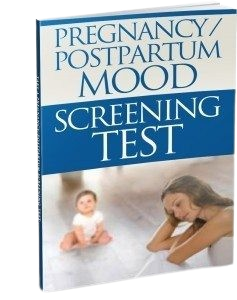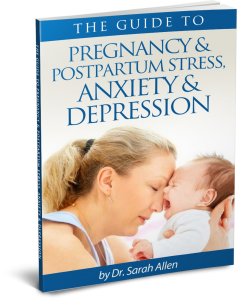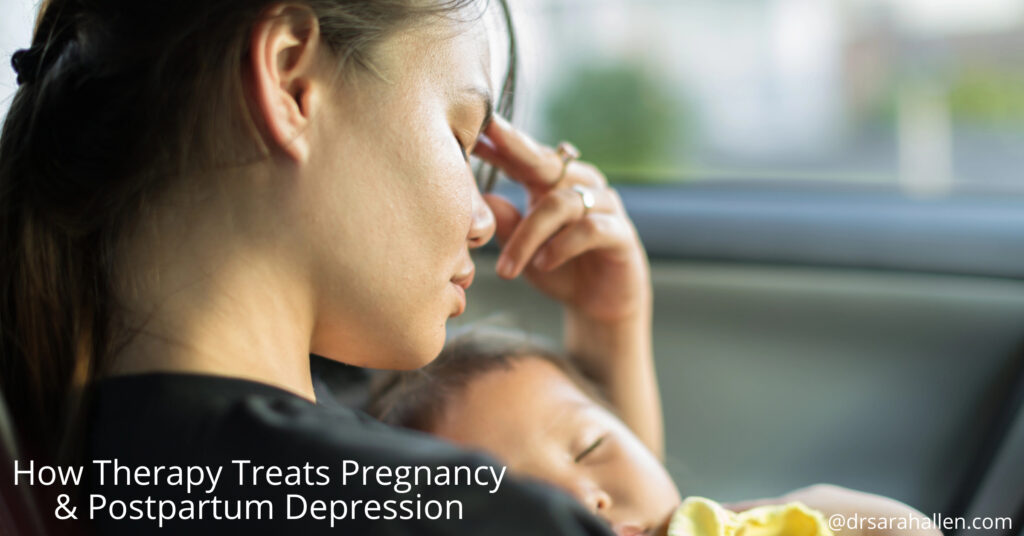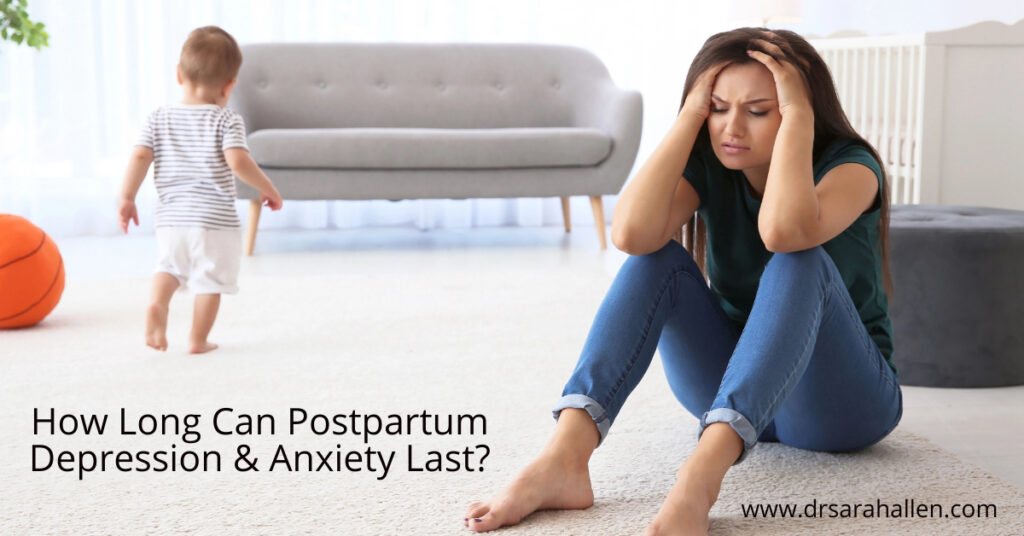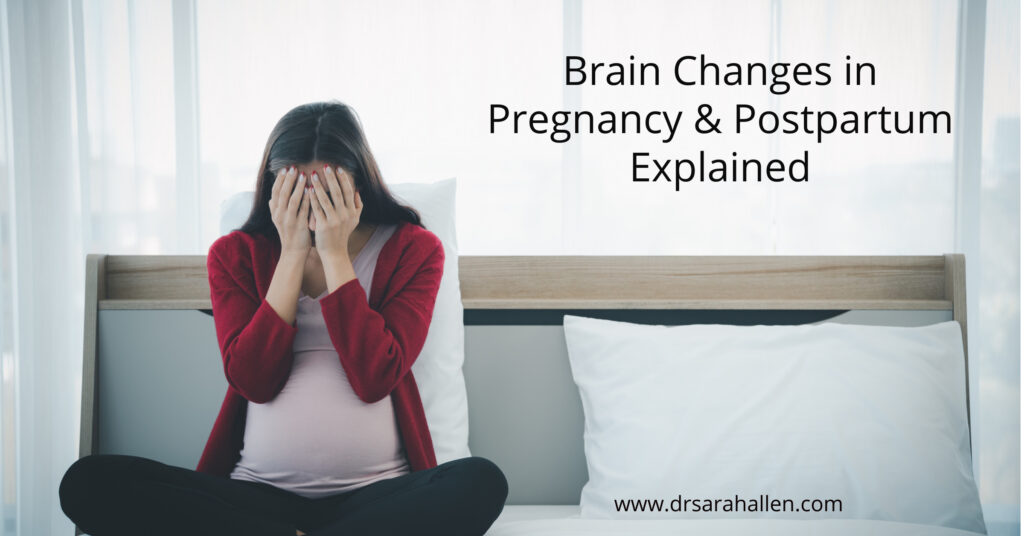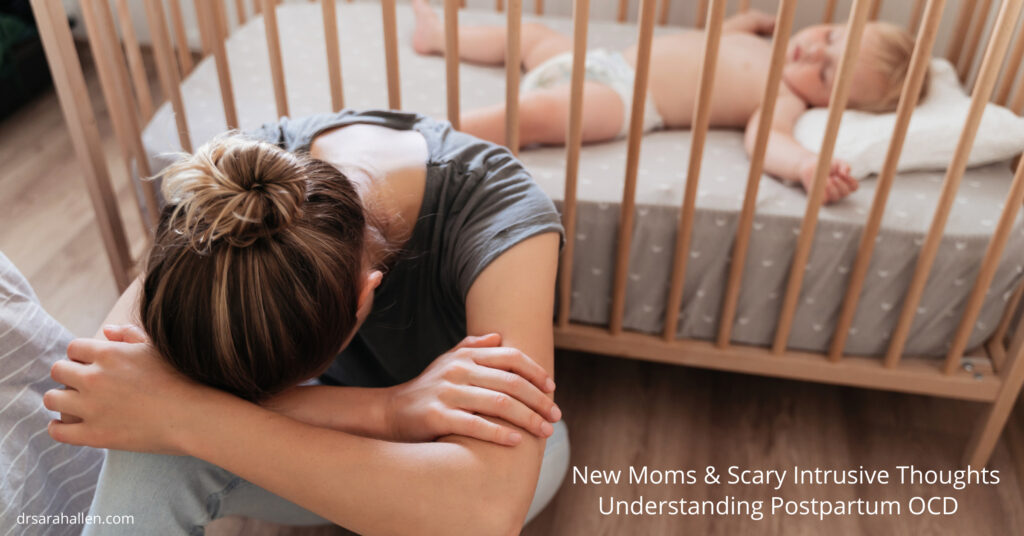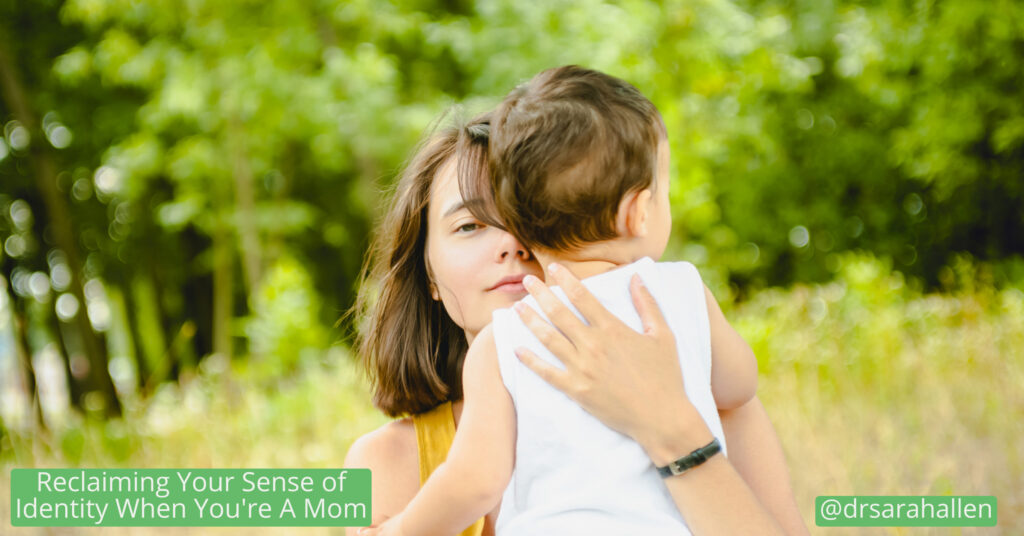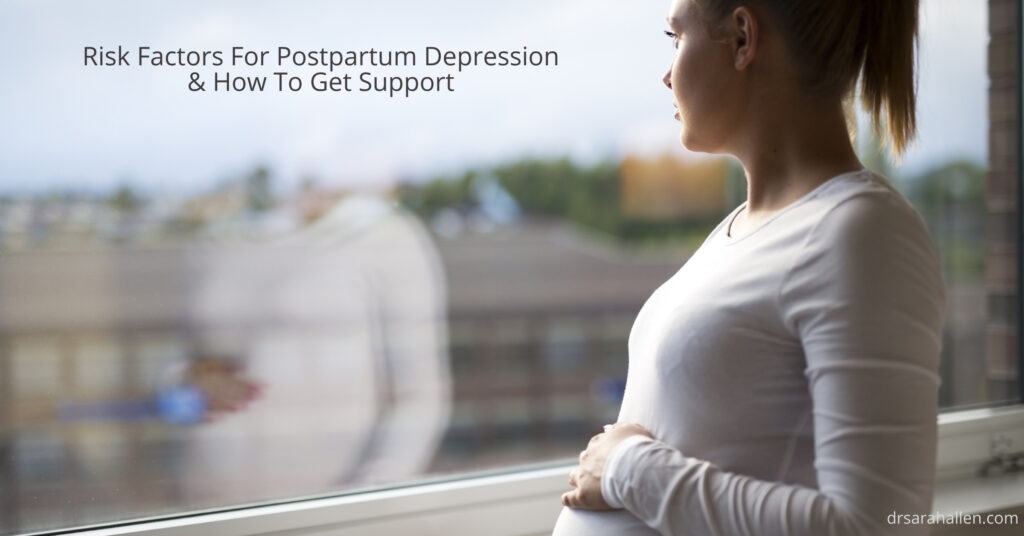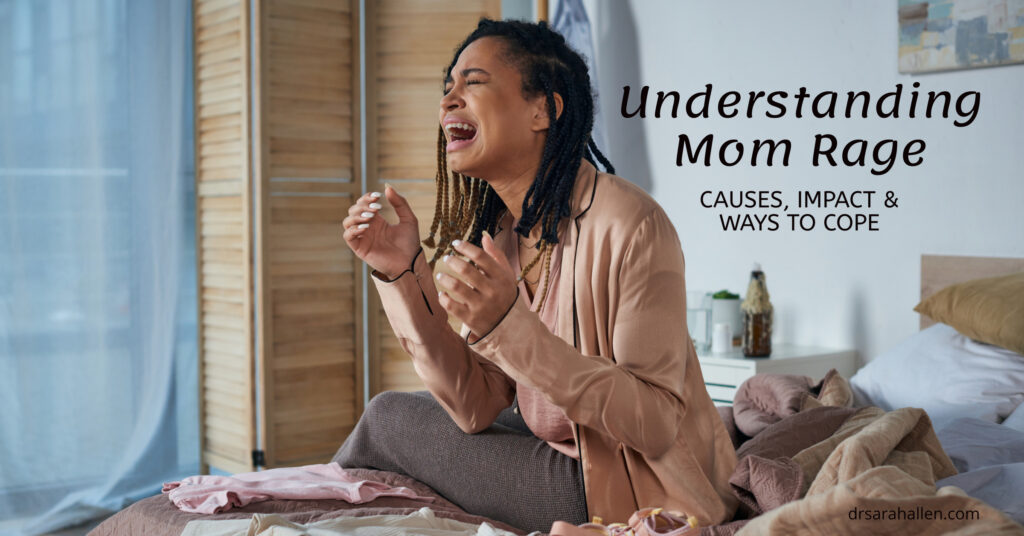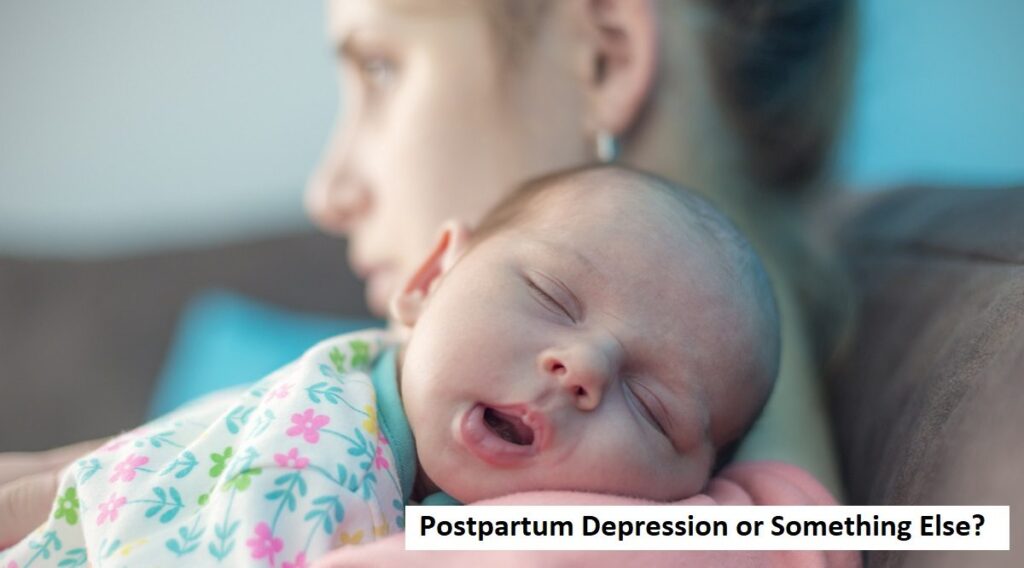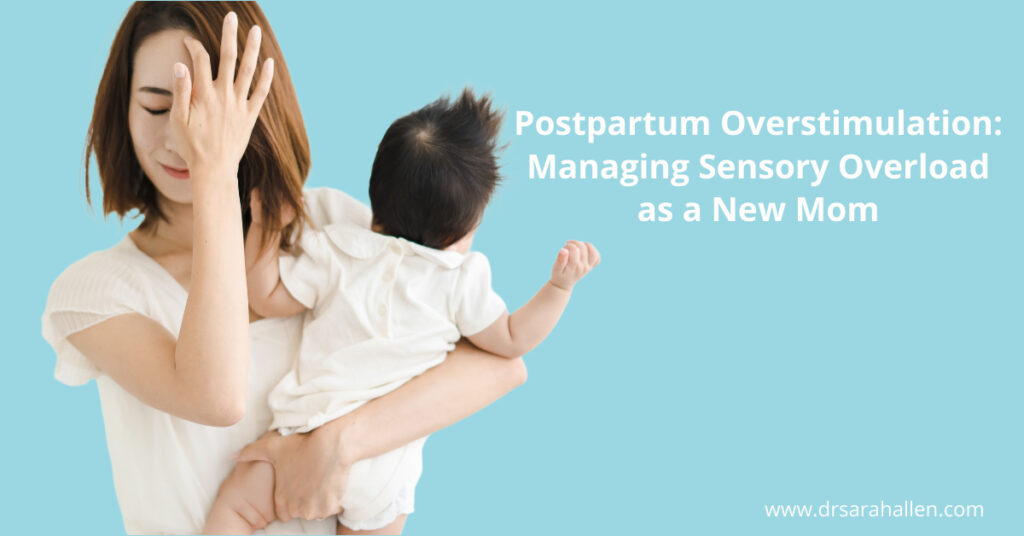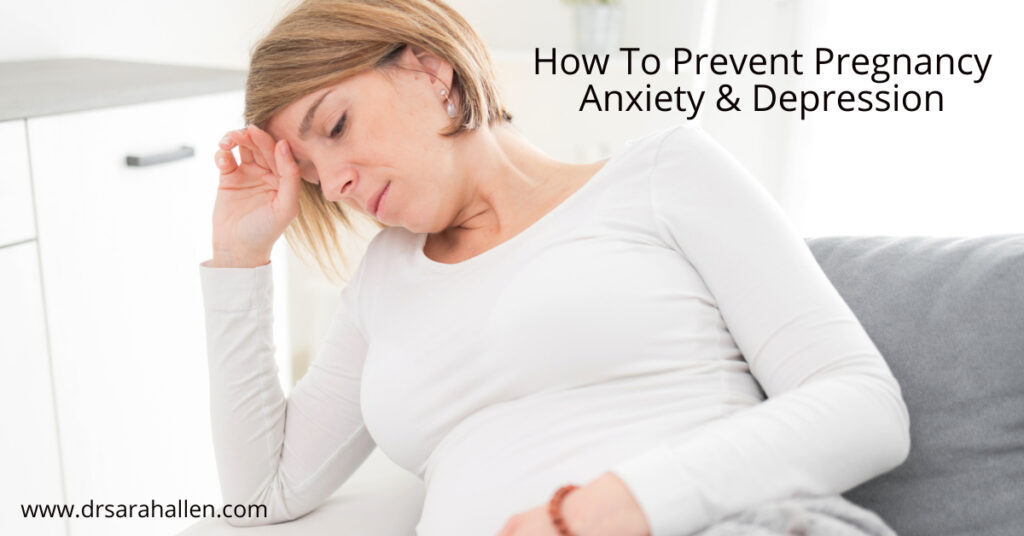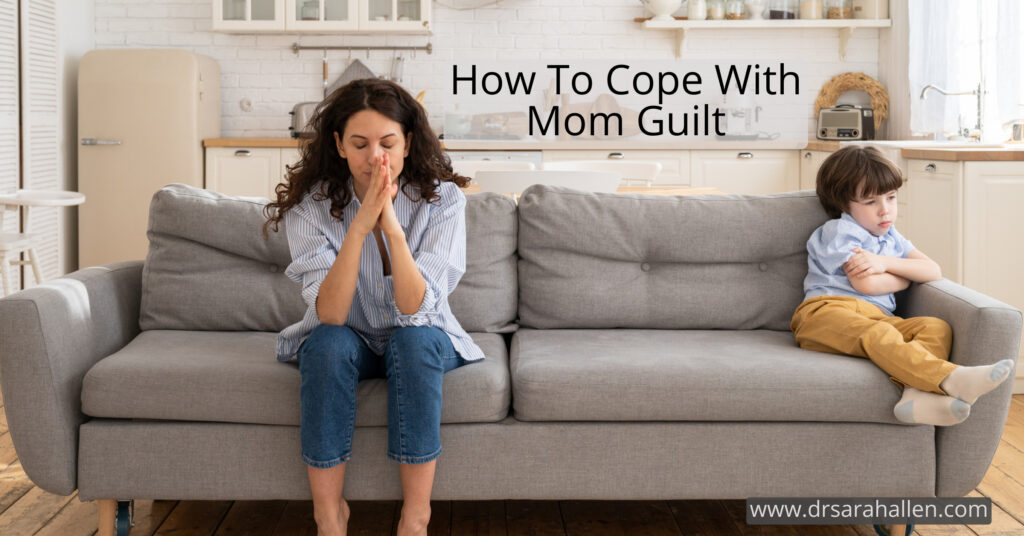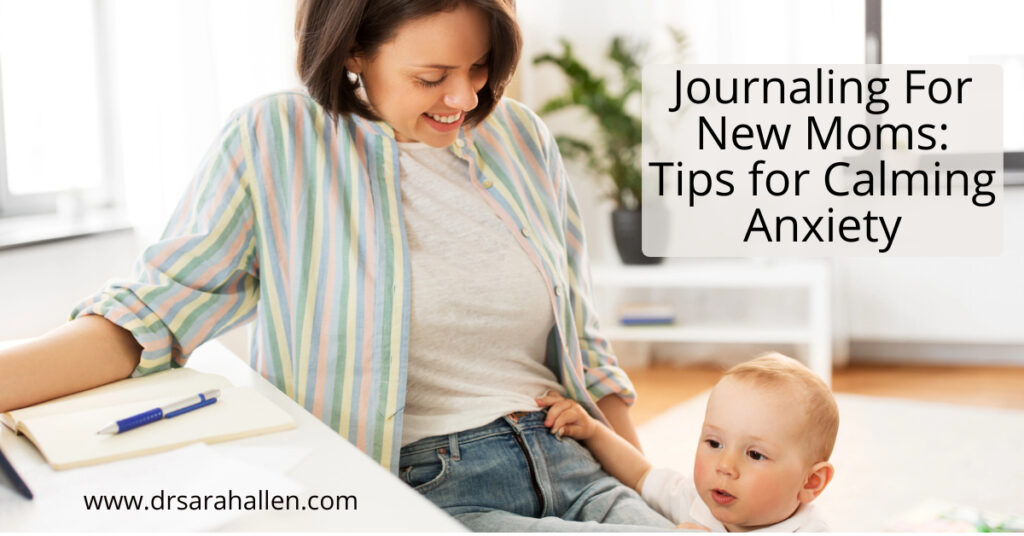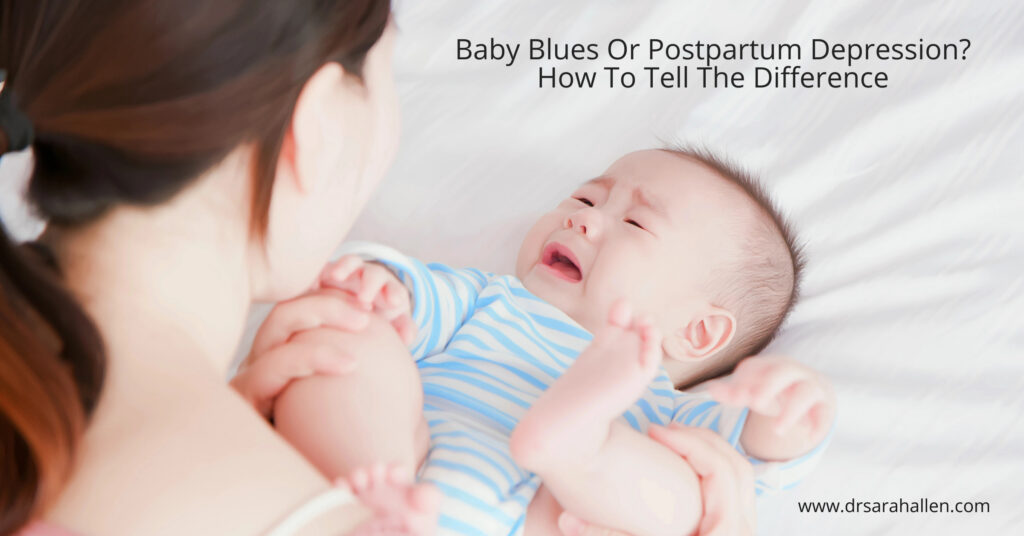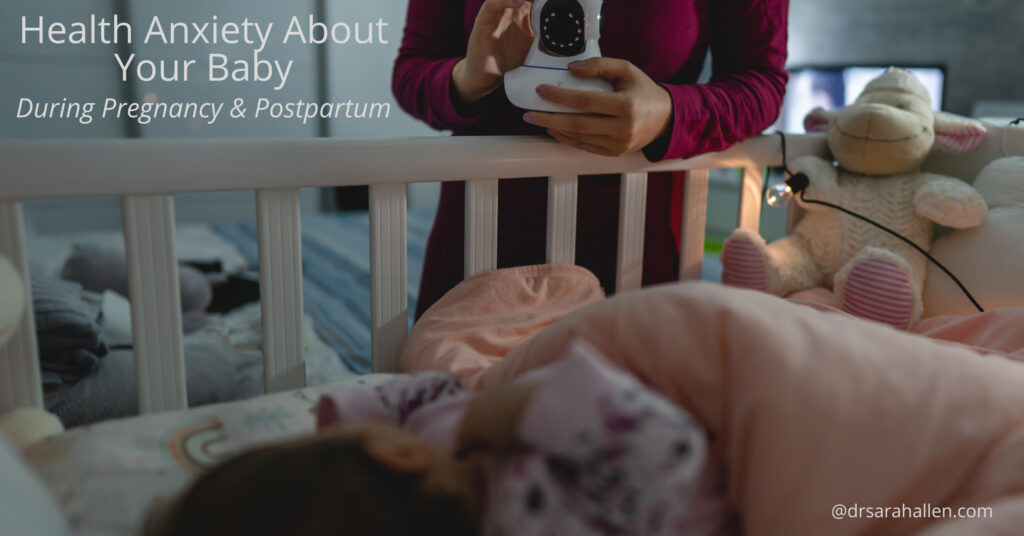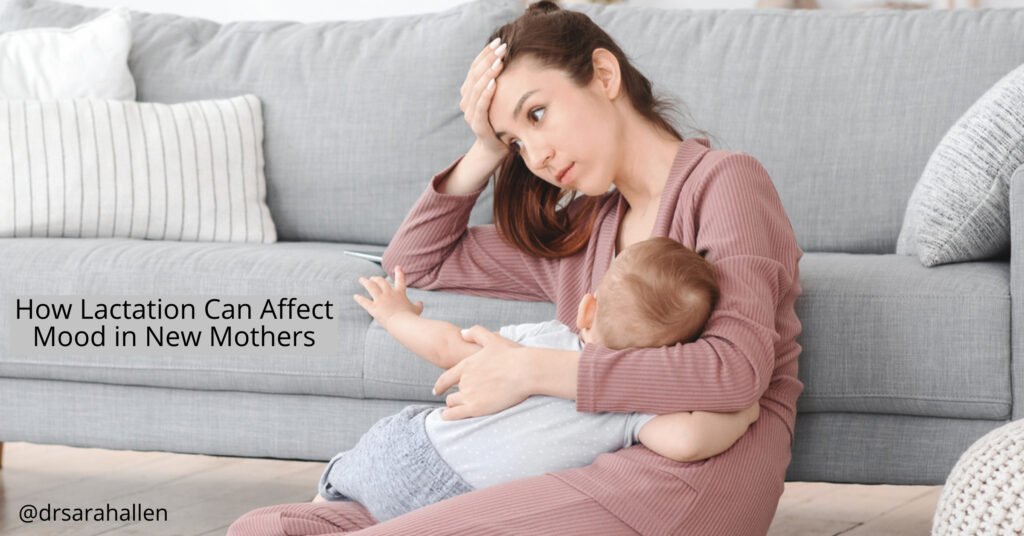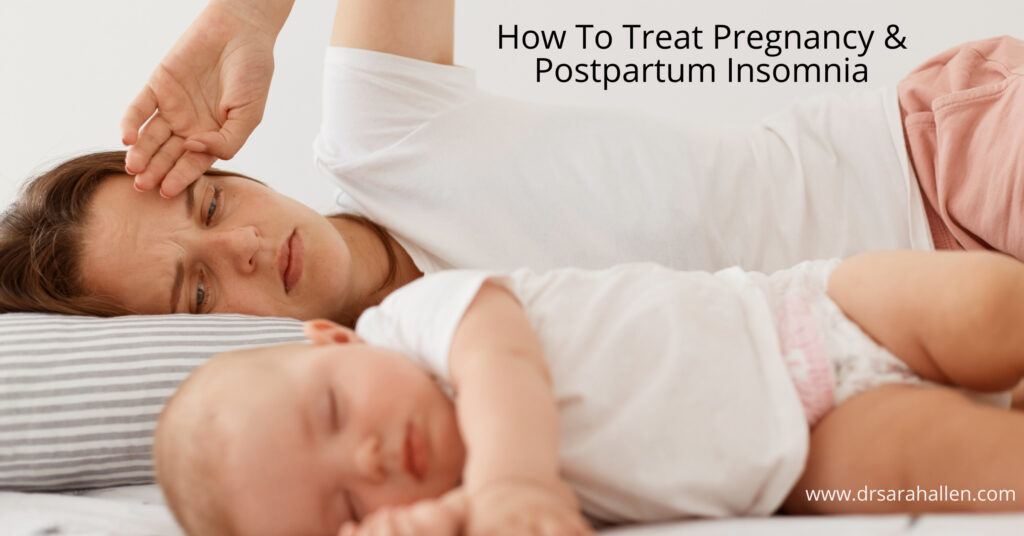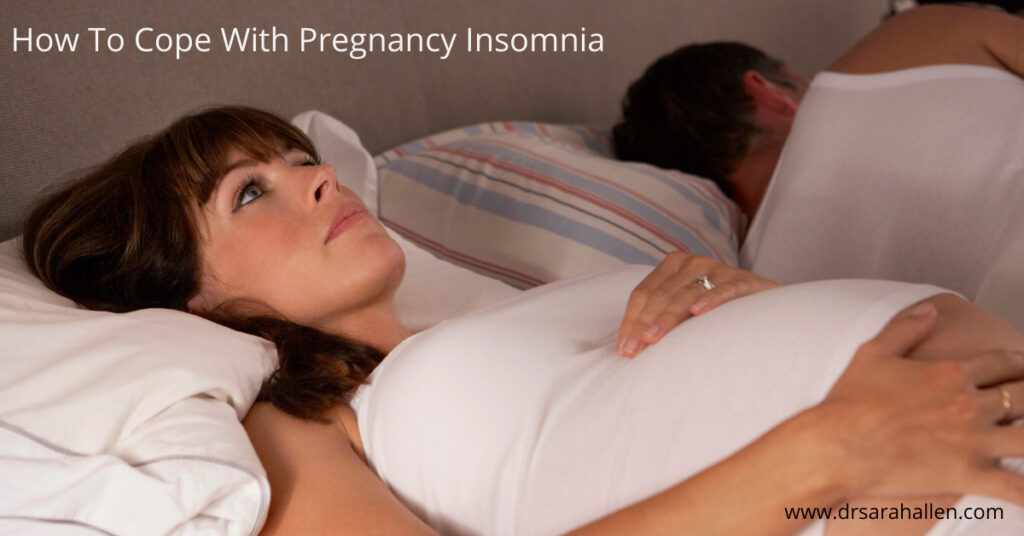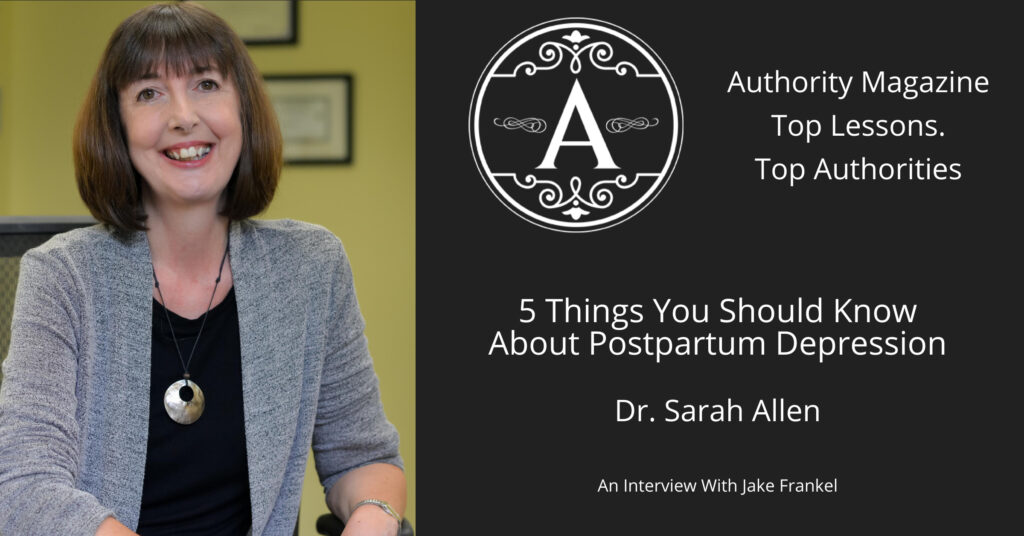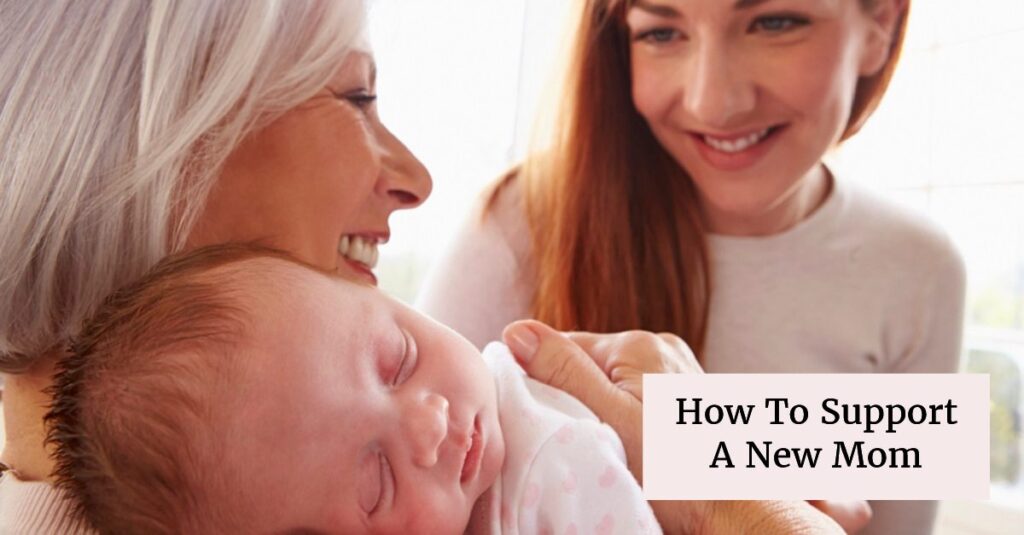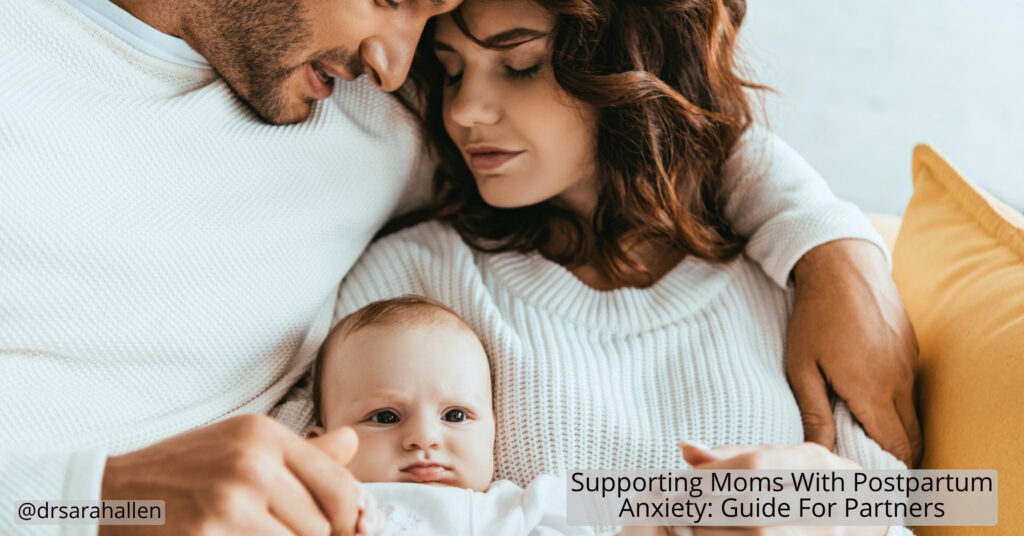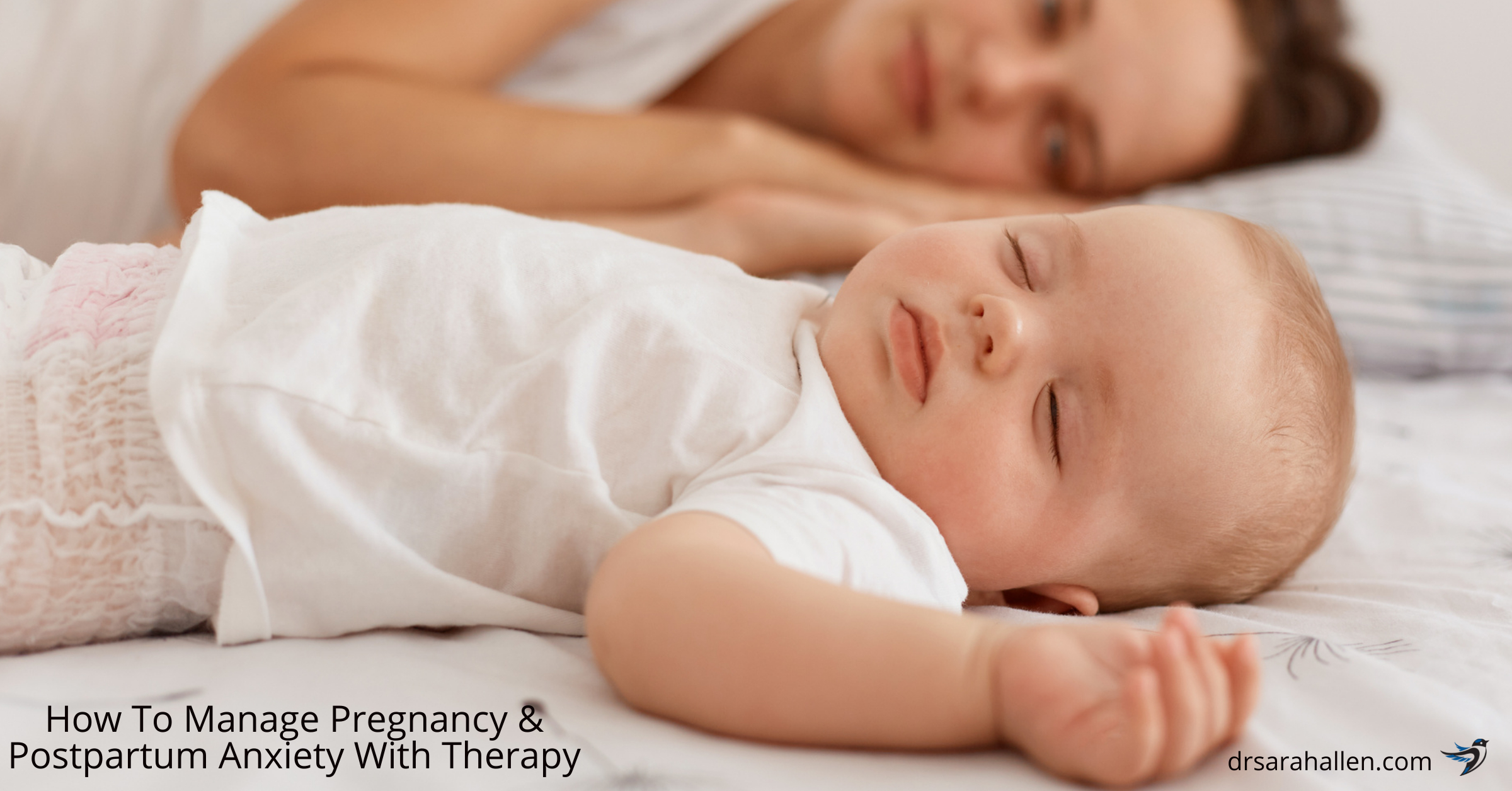
Pregnancy is a life-changing and transformative journey that brings a mix of emotions, ranging from joy and excitement to sadness and anxiety. As a woman takes the monumental step towards motherhood, it’s not uncommon to experience an overwhelming range of emotions, which may develop into pregnancy anxiety or depression. Fortunately, there are effective treatments available, like Cognitive Behavior Therapy (CBT), that can help expectant and new mothers navigate these emotional challenges and provide essential support during their transition. Today, I am specifically focusing on a type of therapy that after 25 years of working with pregnant and new moms, I have found to be the most effective.
Affecting approximately 1 in 5 women, pregnancy anxiety is often characterized by excessive worrying, racing thoughts, and a constant fear of harm befalling oneself or the baby. Left untreated, these persistent feelings of anxiety can escalate and give way to depression, which could have adverse effects on both the mother and the baby. Postpartum anxiety, on the other hand, plagues new mothers with similar emotional difficulties and can take a toll on their mental, emotional, and physical well-being – ultimately affecting their ability to bond with and care for their newborn.
Cognitive Behavior Therapy (CBT) is a short-term, goal-oriented form of psychotherapy that has gained prominence and recognition as an effective treatment for a wide range of mental health issues, including pregnancy and postpartum anxiety. CBT is based on the understanding that our thoughts, feelings, and behaviors are interconnected, and by changing maladaptive thought patterns, one can alter negative emotions and unhelpful behaviors.
For expectant and new mothers, CBT offers a structured framework of techniques that can help identify and challenge unhelpful thoughts and beliefs rooted in fear and worry. By replacing these negative thought patterns with healthier, more adaptive perspectives, women can gain better control over their emotions and reduce overall anxiety levels. Additionally, CBT equips mothers with essential coping skills to manage stress, boost self-esteem, and nurture their overall emotional well-being during this critical life phase.
In the following sections of this blog, I shall discuss various aspects of Cognitive Behavior Therapy for pregnancy and postpartum anxiety, delving deeper into its techniques, available support options, and evidence of its effectiveness in helping women reclaim a sense of calm and joy during their journey to motherhood.
Understanding Pregnancy and Postpartum Anxiety
As women move through the different stages of their pregnancies, it is normal to feel a tinge of worry and concern for the well-being of the growing baby inside them. However, for some women, these feelings of anxiety can become all-consuming, interfering with daily functioning and affecting quality of life. Pregnancy anxiety may manifest as excessive worry about childbirth, the baby’s health, or the ability to care for the newborn.
Similar to pregnancy anxiety, postpartum anxiety affects women after giving birth. It often involves intrusive, repetitive thoughts and fears about the baby’s well-being, accompanied by physical symptoms like a racing heart, feeling on edge, and difficulty concentrating. It is important to differentiate postpartum anxiety from the more commonly known “baby blues,” which is a temporary emotional state characterized by mood swings, weepiness, and mild anxiety, typically lasting no more than two weeks after childbirth.
Understanding the role of Cognitive Behavior Therapy (CBT) in addressing pregnancy and postpartum anxiety is key to helping women overcome these emotional challenges and embrace the joys of motherhood.
CBT Techniques to Manage Anxiety during Pregnancy and Postpartum
>Cognitive Behavior Therapy has a broad range of techniques that can be tailored to meet the individual needs of expectant and new mothers experiencing anxiety. Some of the most effective CBT techniques include:
- Cognitive Restructuring: This technique focuses on identifying unhelpful thoughts and beliefs that contribute to anxiety and replacing them with more balanced, rational perspectives. For instance, a pregnant woman worried about her baby’s health might learn to reframe unhelpful thoughts like “Something is wrong with my baby” to more adaptive thoughts like “I am taking good care of my baby by following my doctor’s advice.”
- Exposure Therapy: Pregnant or postpartum women with anxiety may experience fear or avoidance of certain situations that trigger their anxious thoughts. Exposure therapy involves gradually facing these fears in a safe, controlled environment, allowing the woman to gain confidence and reduce anxiety over time.
- Mindfulness and Relaxation Techniques: Deep breathing, progressive muscle relaxation, and mindfulness meditation can help lower anxiety levels and promote a sense of calm. By becoming more aware of the present moment and their physical sensations, women can learn to manage stress and tension more effectively
- Behavioral Activation: This technique involves identifying and scheduling pleasant, engaging activities that align with personal values and goals. This can improve mood and provide a sense of accomplishment that can combat feelings of anxiety and low self-worth.
Support Options for CBT during Pregnancy and Postpartum
There are a variety of ways women can access CBT for pregnancy and postpartum anxiety, ensuring that they receive the support best suited to their unique circumstances:
- Individual Therapy: One-on-one sessions with a therapist or counselor specialized in CBT can offer personalized guidance and support in managing anxiety during pregnancy or after childbirth.
- Group Therapy: Pregnant or postpartum women may benefit from group therapy sessions led by a mental health professional, where they can learn CBT techniques and share experiences with others going through similar challenges.
- Online Resources and Teletherapy: Remote CBT sessions through video calls or telephone can be a convenient option for women who are unable to access in-person therapy or prefer receiving support from the comfort of their homes.
- Self-help materials: Books, mobile apps, and websites offering self-guided CBT techniques can provide supplementary support for women working through their anxiety independently.
The Evidence: CBT’s Effectiveness in Treating Pregnancy and Postpartum Anxiety
Numerous research studies have demonstrated the efficacy of CBT in treating anxiety disorders, including those specific to pregnancy and postpartum. Numerous research studies have demonstrated the efficacy of CBT in treating anxiety disorders, including those specific to pregnancy and postpartum. A retrospective cohort study found that CBT effectively reduced anxiety symptoms in pregnant women, with effects persisting postpartum.
By addressing the core cognitive and behavioral components contributing to anxiety, CBT can offer lasting relief for expectant and new mothers facing emotional challenges during this transitional period in their lives.
Cognitive Behavior Therapy (CBT) is a proven, effective short-term approach for treating pregnancy and postpartum anxiety. By identifying and challenging unhelpful thought patterns and providing practical coping skills, CBT can help women successfully navigate the emotional ups and downs of pregnancy and early motherhood. It is important to note that it is just one technique that we will use in our therapy together. I don’t use a cookie-cutter approach as everyone is different and therapy is tailored to you and what you are personally going through.

Dr. Sarah Allen has 25+ years of experience in private practice helping women to transition to being the mom they want to be. She is the Founding Director of the statewide non-profit Postpartum Depression Alliance of IL. She also specializes in pregnancy loss & infertility & has published research on postpartum depression and traumatic childbirth.
If you would like to work with Sarah, please phone her at 847 791-7722 or on the form below.
If you would like to read more about me and my areas of specialty, please visit Dr. Sarah Allen Bio. Dr. Allen’s professional license only allows her to work with clients who live in IL & FL & the UK and unfortunately does not allow her to give personalized advice via email to people who are not her clients.
Dr. Allen sees clients in person in her Northbrook, IL office or remotely via video or phone.

What Can I Read That Helps Me While I Am Waiting For My First Appointment With Sarah?
If you feel that you may be experiencing pregnancy or postpartum mood disorder, or worry that you may be at risk of developing it, please download my free booklets below.
See each specific webpage to download one or many.
